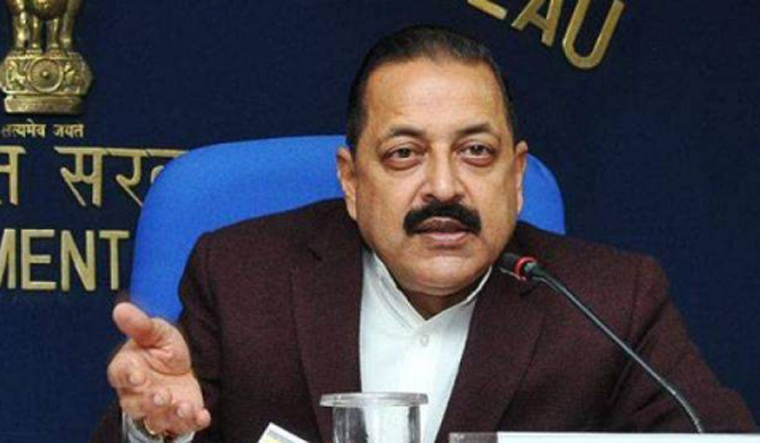India has developed a roadmap and a strategy for a bio-based economy which is inching towards US $150 billion by the year 2025

India is committed to achieve 500 GW of installed electricity capacity from non-fossil fuel sources by the year 2030 and reduce the projected emissions by one billion tonnes from now to 2030 says Dr. Jitendra Singh, Minister for Science and Technology, Government of India addressing the Joint Ministerial Plenary of Clean Energy Ministerial (CEM13) and Mission Innovation (MI-7) at the "Global Clean Energy Action Forum 2022", at Pittsburgh, Pennsylvania in the United States,
Singh, who is leading a high-level Joint Indian Ministerial Delegation of Ministry of Power, New & Renewable Energy and Ministry of Science & Technology informed the Energy and Environment Ministers from 30 countries that India’s energy-mix strategies include a larger shift toward clean energy alternatives, increased manufacturing capacities, energy use efficiency, and a policy push for hydrogen including production-linked incentives.
In addition, the emerging technologies like 2G ethanol pilot, comfort climate box for tropical regions, hydrogen valleys, heating and cooling virtual repository, are all on the table, the Minister emphasized.
Singh said, "India has developed a roadmap and a strategy for a bio-based economy which is inching towards US $150 billion by the year 2025.
He said, "This will facilitate infrastructure for bio-manufacturing of low-carbon bio-based products. Recently, India has also launched the National Hydrogen Energy Mission to enable cost competitive green hydrogen production."
Singh said, "The Government of India through Public Private partnerships is ensuring the funding for clean energy innovations as envisioned under Mission Innovation 2.0."
The Minister gave two examples of successful Public-Private partnerships-first one the “Clean Energy International Incubation Centre”, a unique Research and Innovation (R&I) model platform, set up with private partner Tata Trusts, which has resulted in more than 20 clean energy solutions to help standalone researchers, which is a unique achievement. The 2nd one is the Joint Centre of Department of Biotechnology (DBT) and Oil Marketing Companies (OMCs) that led to development of 2G ethanol technology.
Addressing the Ministers & CEOs, Senior representatives of (US DoE), Mission Innovation Steering Committee (MISC) and Mission Innovation Secretariat, Senior representatives from MI Member countries and partner organizations, Singh underlined that India is founding and active member of both Mission Innovation (MI)& Clean Energy Ministerial (CEM) since launch and now actively engaged with MI2.0 through various Missions and Platforms.
Singh concluded by announcing that India will be hosting MI & CEM in 2023 alongwith its Presidency of G-20 in the same year.
He also expressed his gratitude for participating in the Global Clean Energy Action Forum, a joint convening of the Clean Energy Ministerial & Mission Innovation and thanked the US Department of Energy & Mission Innovation Secretariat for hosting this significant event.
Register Now to Attend NextGen Chemicals & Petrochemicals Summit 2024, 11-12 July 2024, Mumbai

Subscribe To Our Newsletter & Stay Updated